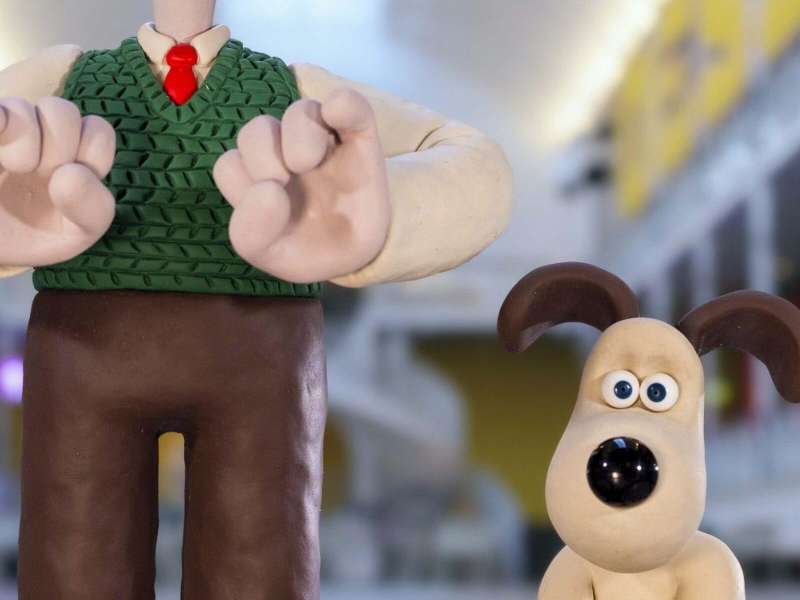
Wallace & Gromit: Inside the Plasticine Factory
The Young V&A hosts an exhibition on Aardman and its most iconic characters, offering a close look at the studio’s creative process. Original models, sets and production materials reveal the craft behind stop motion. A playful journey balancing humour, technique and popular imagination.
자세한 정보